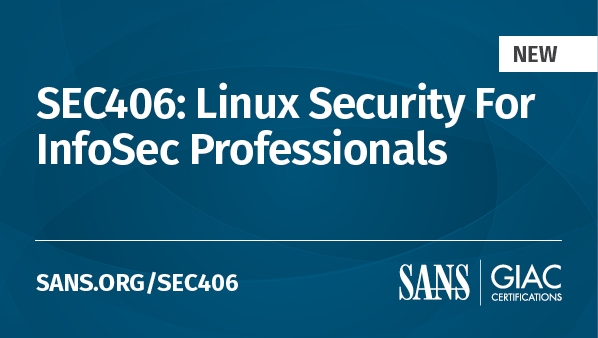Tags:
Most security professionals enter the field with more experience on Windows than they do on Linux. As a result, there is a gap in their understanding of how to mitigate risks on Linux. Many individuals are self-taught in Linux security practices and only have fragmented understanding of how to secure systems effectively.
The recent [1] Sysdig 2023 Cloud Native Security Usage Report is a good illustration of this knowledge gap. It points out that unpatched vulnerabilities and overly permissive access are key reasons for recent compromise of Linux systems in the cloud. The report emphasizes the critical need to manage permissions effectively, handle vulnerability management, and secure systems against privilege escalation and defense evasion tactics used by attackers.
Adding to the concern, 2023 had over 261 patches released for Debian-based Linux systems alone. [2] How often have you applied patches to your web servers? How about the ones in the cloud? What about those containers? Patch management is a vital but overlooked step to mitigate the risk on your network.
Meet SANS SEC406: Linux Security for InfoSec Professionals—a thorough Linux Security course designed to empower individuals in tackling these crucial security gaps. This course equips students with a strong toolkit to address prevalent issues effectively. You'll learn to configure file permissions correctly, harden crucial services like SSH, SYSLOG, and others. You'll discover patch management's best practices and master user permissions while implementing the least required privileges.
The course features dynamic hands-on labs that will require you to respond to attackers in real time. Equipped with SEC406: Linux Security for InfoSec Professionals knowledge, professionals can proactively reduce risks, strengthen defenses against vulnerabilities, and align security practices with evolving threats.
As security professionals reliant on Linux systems, deploying insecure systems contributes to the problem. Embracing SEC406: Linux Security for InfoSec Professionals skills isn't merely an option; it's a strategic necessity to safeguard critical systems against evolving cyber threats.
[1] https://sysdig.com/blog/2023-cloud-native-security-usage-report/





